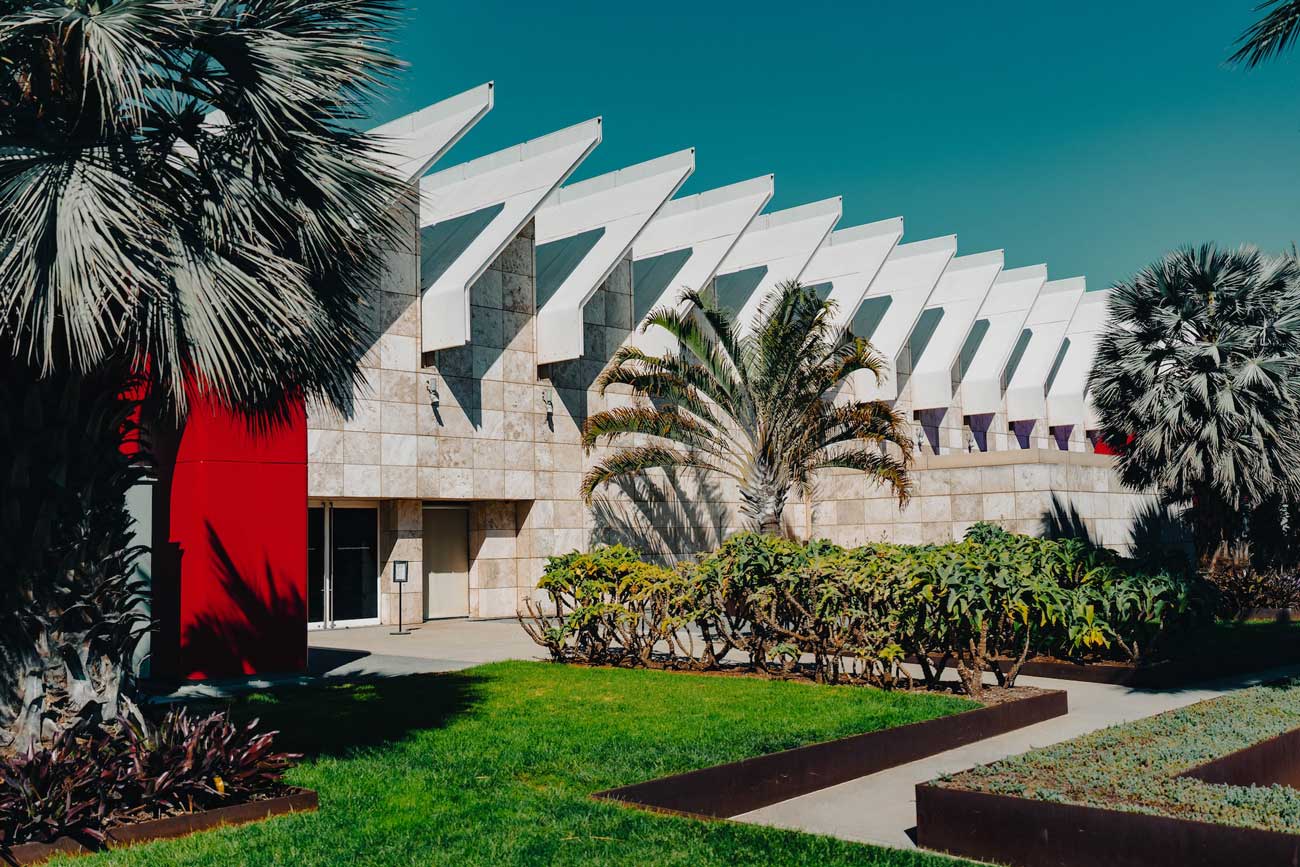For LA-based culture lovers and those traveling to the City of Angels, The Los Angeles County Museum of Art (LACMA) just debuted a new exhibit worth a visit. Afro-Atlantic Histories is an exhibition charting the transatlantic slave trade and its legacies in the African diaspora.
Afro-Atlantic Histories features works produced in Africa, Europe, and the Americas. The exhibit reexamines the histories and stories of enslavement, resilience, and the struggle for liberation. Comprising more than 100 artworks, the exhibition consists of six thematic sections that span four centuries of history.
Related: The World’s Best Art Museums That You Should Check Out
Afro-Atlantic Histories juxtaposes works to present evolving perspectives across time and geography through various mediums of artistic expression. The exhibit features paintings, drawings, prints, sculptures, photographs, time-based media, and ephemera. Visitors can view historical paintings by Frans Post and Édouard Antoine Renard to contemporary works by Kerry James Marshall, Alison Saar, Hank Willis Thomas, and Kara Walker, among others.
Rita Gonzalez, the Terri and Michael Smooke Curator and Department Head, Contemporary Art at LACMA, shared with Forbes, “the ambition of the exhibition is to diversify the art historical canon by foregrounding the power of art made by Africans and their descendants in the Americas. This is by no means a task that can be accomplished in one exhibition.”
The exhibition first debuted in 2018 at the Museu de Arte de São Paulo, Brazil with over 400 artworks. Now, Afro-Atlantic Histories is touring the U.S. at museums including LACMA, the Museum of Fine Arts Houston (MFAH), the National Gallery of Art, and the Dallas Museum of Art.
This exhibition is co-curated by Rita Gonzalez and José Luis Blondet, Curator of Special Initiatives, Contemporary Art.
Opening on December 11, LACMA is hosting the Afro-Atlantic Histories exhibition through September 10, 2023.
The vast culture presented in the exhibition, although not all-encompassing, affirms that Africa is everywhere.





